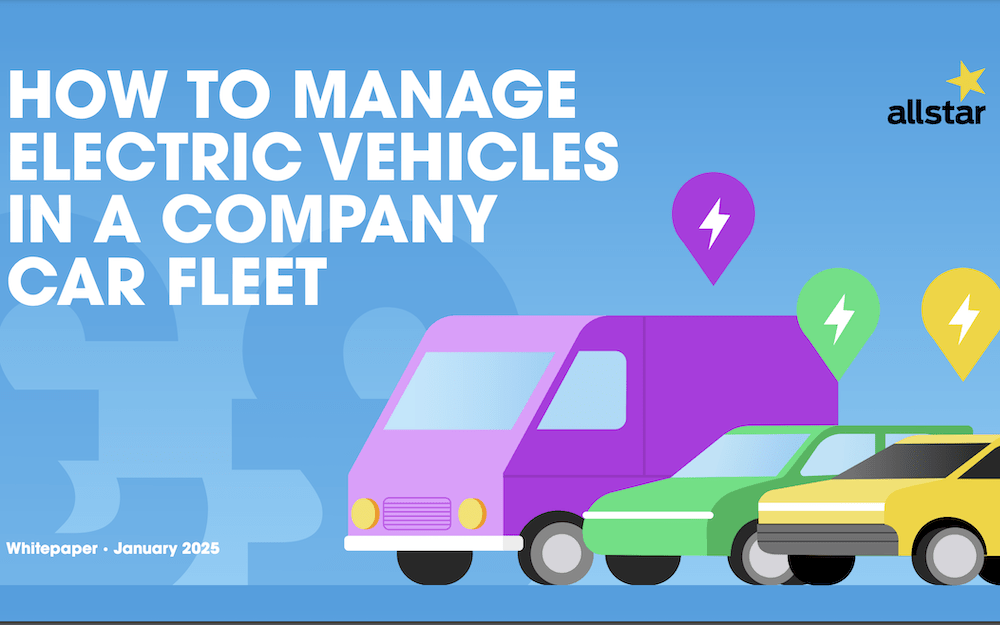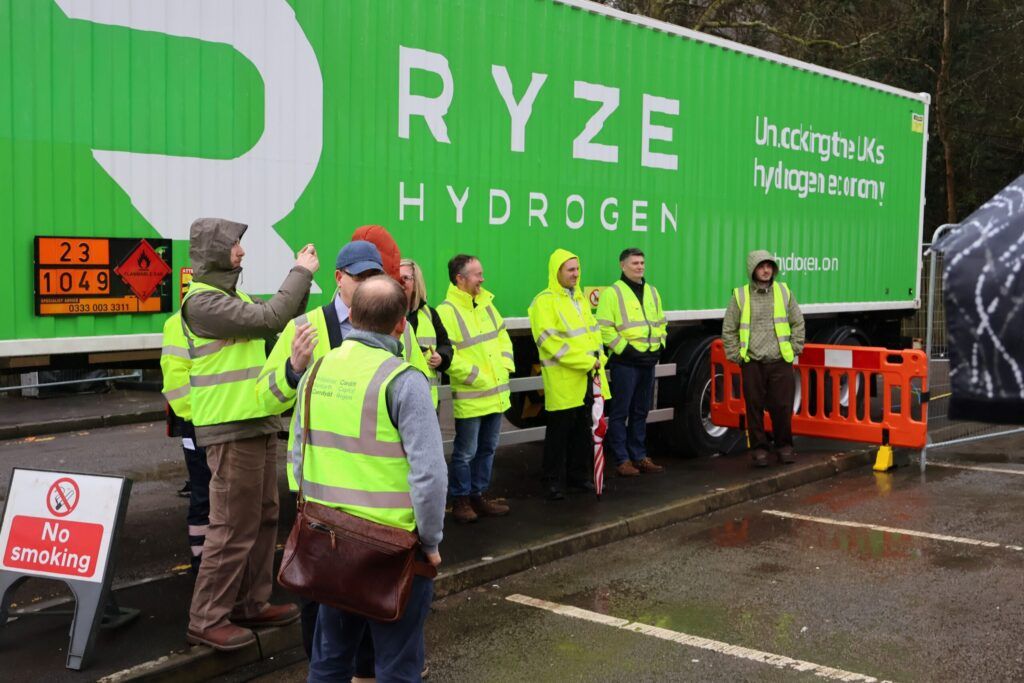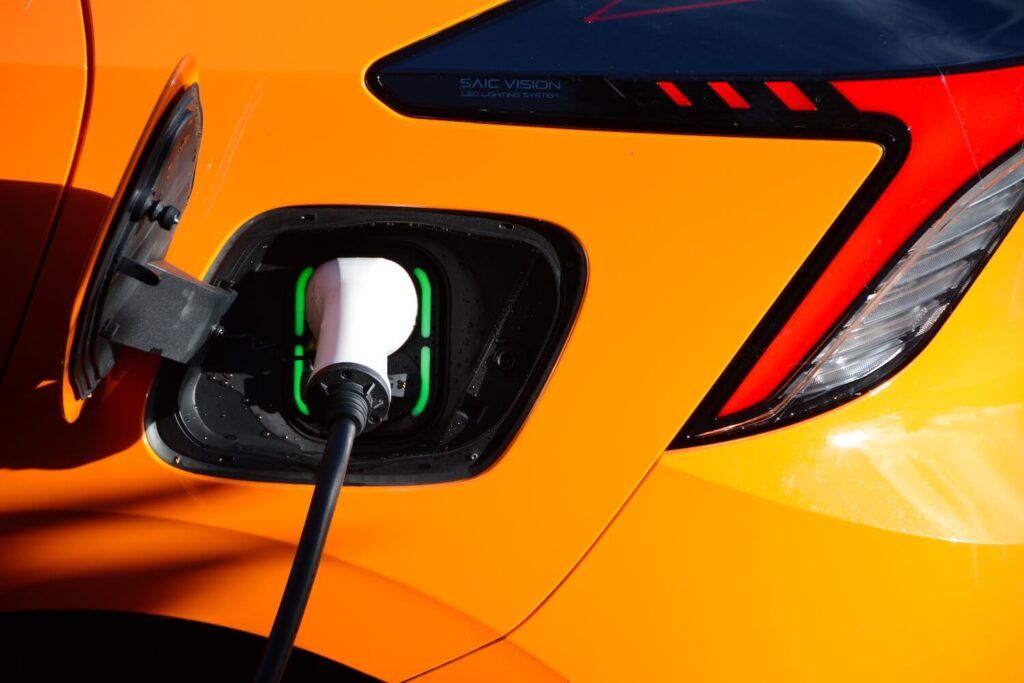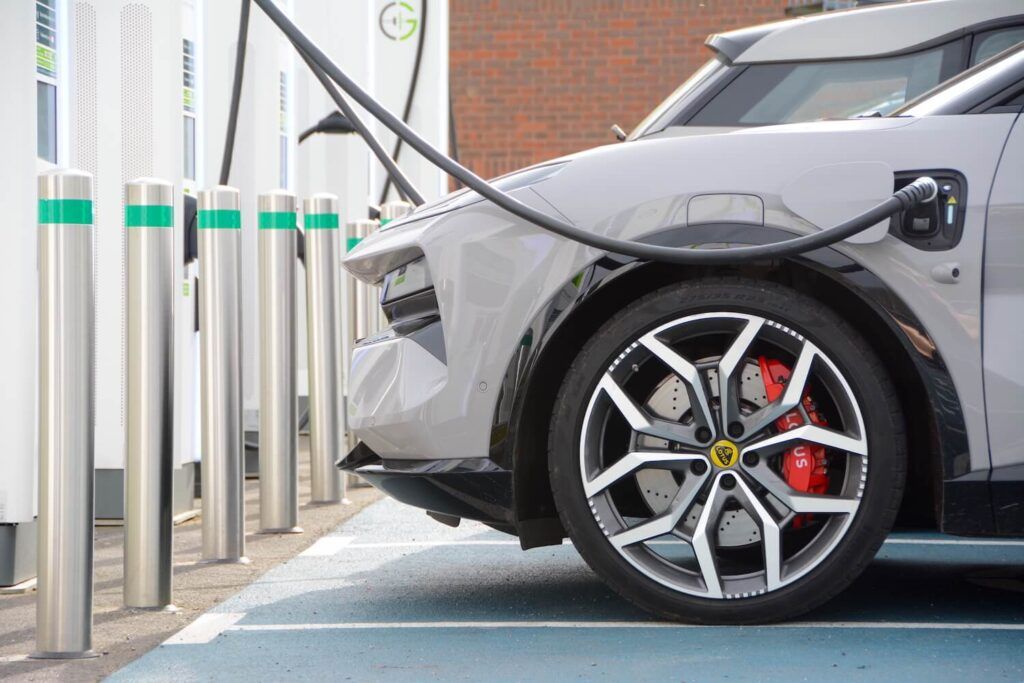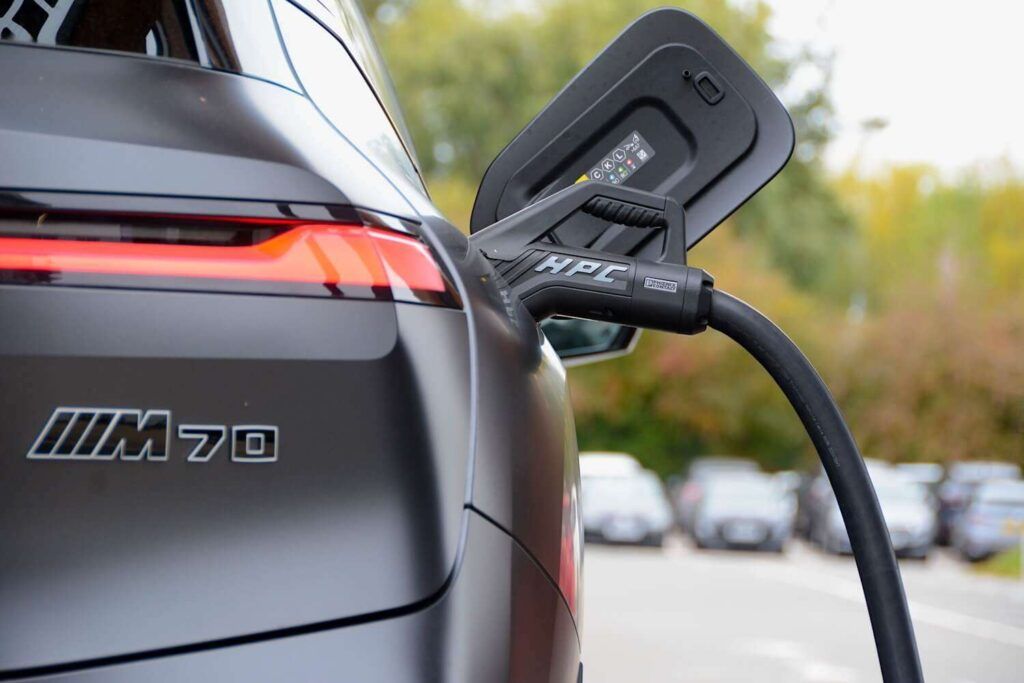EV, fuel and business expense payment company Allstar has launched a resource for fleets preparing for electrification.
Called How to Manage Electric Vehicles in a Company Car Fleet, it provides clear guidance on policies and systems for EV charging, while optimising costs and productivity.
Allstar’s paper reveals that by the end of 2024, more than 125 different battery electric vehicle (BEV) models were available, a 38% increase from the previous year.
Additionally, public charging infrastructure has seen remarkable growth, with more than 70,000 charge points installed nationwide, including a significant proportion of rapid and ultra-rapid chargers. As a result, EV adoption and integration is increasingly accessible and convenient.
Similarly, batteries in modern EVs often exceed their warranty lifespans, while charging networks and renewable energy capacity are growing in tandem with demand, ensuring the UK’s grid can support widespread electrification.
But challenges remain around perceptions of charging capacity, battery longevity, and electricity grid reliability.
Considerations for fleets within the report include:
- Taxation Benefits: The UK government has implemented attractive tax incentives for EV adoption. In 2025/26, drivers of zero-emission EVs will pay benefit in kind (BIK) tax on just 3% of the value of the vehicle, compared to 26% for petrol vehicles emitting 100g/km of CO2. Employers also benefit from reduced Class 1A National Insurance contributions for EVs.
- Charging Cost Management: Charging an EV can cost as little as 1p per kWh during off-peak hours at home, compared to up to £1.10 per kWh at ultra-rapid public chargers. Fleet managers must develop strategies to manage these cost discrepancies, balancing convenience, productivity, and expenses.[1]
- Maintenance Savings: EVs typically require 50% less in service, maintenance, and repair (SMR) costs compared to internal combustion engine (ICE) vehicles. EV powertrains have fewer moving parts, reducing the risk of breakdowns.
- Revised Management Processes: New payment systems are required to track charging costs and manage reimbursements efficiently. Fleet management systems must adapt to provide actionable data for public and home charging.
- Vehicle Leasing and Residual Values: Leasing can offset unpredictable residual values in the evolving EV market. Long-term planning for resale values is critical for outright purchases.
The whitepaper also provides actionable insights for fleet managers and decision makers to transition successfully to EVs, including:
- Assess Fleet Operations: Businesses should evaluate their current fleet usage, operational costs, and potential savings through EV adoption. Identifying suitable vehicle types and drivers is critical to ensuring a smooth transition.
- Enhance Driver Education: Training employees on EV-specific practices, such as maximising range through regenerative braking and using preconditioning features, ensures a positive user experience and optimal performance.
- Optimise Charging Strategies: Develop policies for home and public charging reimbursement, emphasising cost-effective solutions like smart tariffs and overnight charging. Ensuring drivers can utilise downtime effectively while charging can also enhance productivity.
- Leverage Tax Advantages: Salary sacrifice schemes, 100% first-year allowances for qualifying vehicles, and reduced Class 1 National Insurance contributions offer businesses substantial cost savings.
Paul Holland, Managing Director for UK/ ANZ Fleet at Corpay, including UK brand Allstar, said:
“The 2030 phase-out of petrol and diesel-only vehicles is a critical turning point for UK fleets. Businesses must act now to position themselves for success in a new era of transportation, and the starting point is equipping themselves with insights and information on how to do this effectively and with minimal disruption.
“Electrification isn’t just good for the environment; it makes business sense too. Potentially lower benefit in kind taxes, reduced fuel and maintenance costs, and access to government incentives mean that fleets can achieve significant savings while contributing to a greener future.
“Our goal is to ensure that businesses not only manage this transformation but also see it as a strategic advantage. With the right plans and support, electrification is no longer a challenge, but an opportunity to lead the way in smarter, more sustainable operations.”
The news comes as Transport + Energy launches its Fleet Electrification Forum this year. Find out more information here.
Image of report from Allstar




